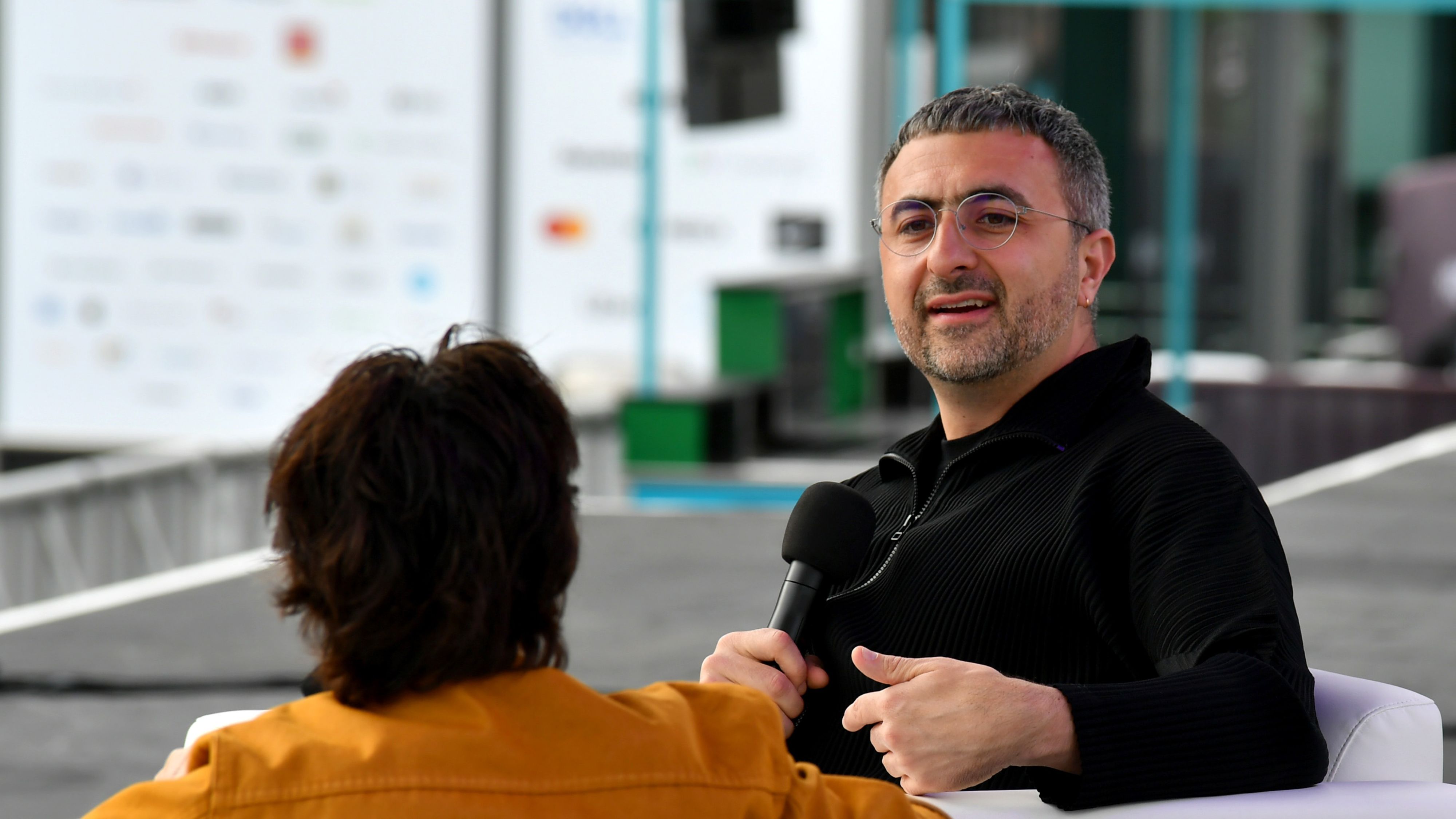Microsoft's AI CEO says Google nearly launched "ChatGPT" before OpenAI — but brutal skeptics, fears of disrupting search, and safety concerns thwarted the plan
Mustafa Suleyman claims that Google was poised to steal ChatGPT's hype before OpenAI with "Personal Intelligence".

All the latest news, reviews, and guides for Windows and Xbox diehards.
You are now subscribed
Your newsletter sign-up was successful
Microsoft's AI CEO, Mustafa Suleyman, recently appeared in the CatGPT podcast, where he talked about all things AI, from how AI could potentially impact the job market to AI consciousness, superintelligence, and even missed opportunities in his career.
While the interview touches on a wide range of interesting topics, the executive talked about an interesting time in his career when he was still working at Google before departing and co-founding Inflection AI. The executive expressed his frustrations while working at the software giant, especially after his efforts to launch LaMDA were rendered futile (via vitrupo on X):
"We got frustrated at Google because we couldn't launch LaMDA. LaMDA was genuinely ChatGPT before ChatGPT. It was the first properly conversational LLM that was just incredible. And you know, everyone at Google had seen it and tried it."
"Probably half the people were just brutal skeptics and were like this is never going to be safe. It's always gonna have hallucinations. It going to undermine our search business. There's always gonna be these safety issues."
Mustafa Suleyman reflects on the near misses in his career.At Google, he helped build LaMDA, “ChatGPT before ChatGPT,” but it never shipped. Fears over safety and search disruption kept it shelved.In 2022, he left to co-found Inflection AI, raised $1.5B, built a 22,000-GPU… pic.twitter.com/GnUoAJdKMmJuly 15, 2025
However, Suleyman says the other half were really hopeful and felt that the product showed great promise. They even predicted that it was going to be the future of search.
Interestingly, we're at the beginning of a new dawn driven by AI, where AI-powered browsers from companies like Perplexity's Comet and OpenAI's soon-to-launch browsers are becoming a reality and rapidly gaining traction among users.
Suleyman further revealed that this is the kind of AI that he'd been trying to build and develop for the past decade before he left Google DeepMind. Perhaps more interestingly, the executive says that we have unlocked a new level of next-gen models that speak our language more naturally, exhibiting human-like conversation capabilities.
All the latest news, reviews, and guides for Windows and Xbox diehards.
According to Suleyman;
"So, we were desperate to try and ship it. We couldn't ship it. They couldn't get their head around it. And then I basicially left, and was like well, we will the money, build the cluster. And we raised a billion and a half dollars, we built a 22,000 H100 GPU cluster. And we created an AI called Pi (Personal Intelligence). It was optimized for personality, EQ, kindness, and being a friendly companion."
However, Suleyman says that they launched Inflection AI seven months before OpenAI launched ChatGPT. As such, it managed to ship Personal Intelligence in January 2023 while OpenAI had already launched ChatGPT the previous year in November.
"And by that time, you know basically all bets were off," added Suleyman. "I mean, they exploded." The executive further claims that if timing had worked out differently, the world would be talking about Personal Intelligence rather than ChatGPT. Timing is everything!

Kevin Okemwa is a seasoned tech journalist based in Nairobi, Kenya with lots of experience covering the latest trends and developments in the industry at Windows Central. With a passion for innovation and a keen eye for detail, he has written for leading publications such as OnMSFT, MakeUseOf, and Windows Report, providing insightful analysis and breaking news on everything revolving around the Microsoft ecosystem. While AFK and not busy following the ever-emerging trends in tech, you can find him exploring the world or listening to music.
You must confirm your public display name before commenting
Please logout and then login again, you will then be prompted to enter your display name.

